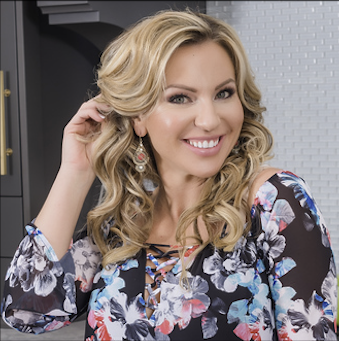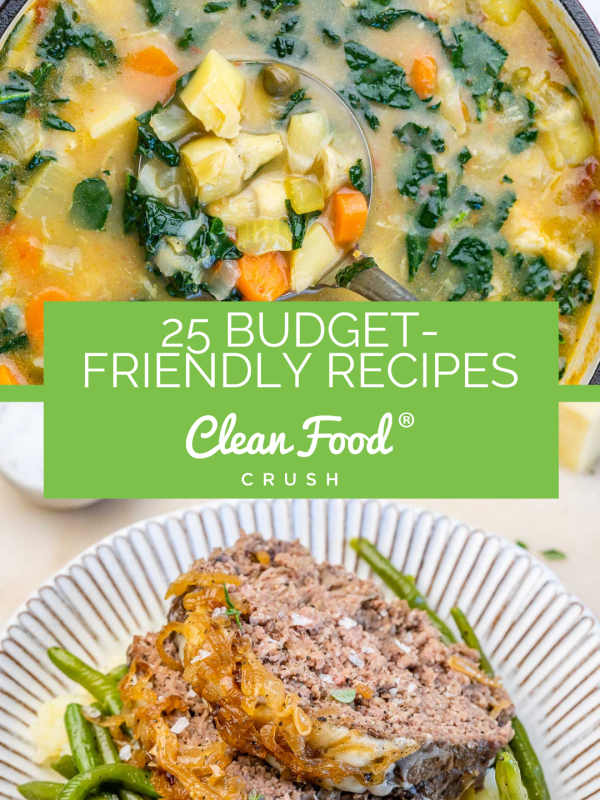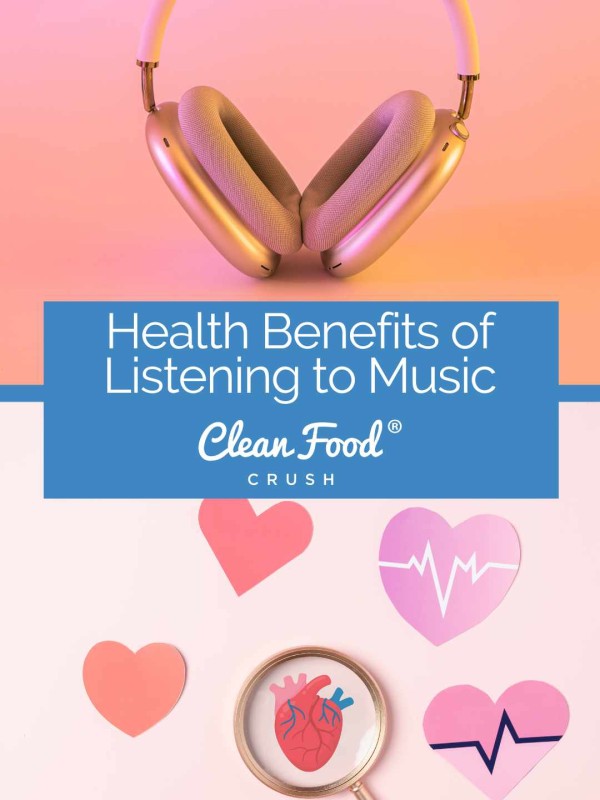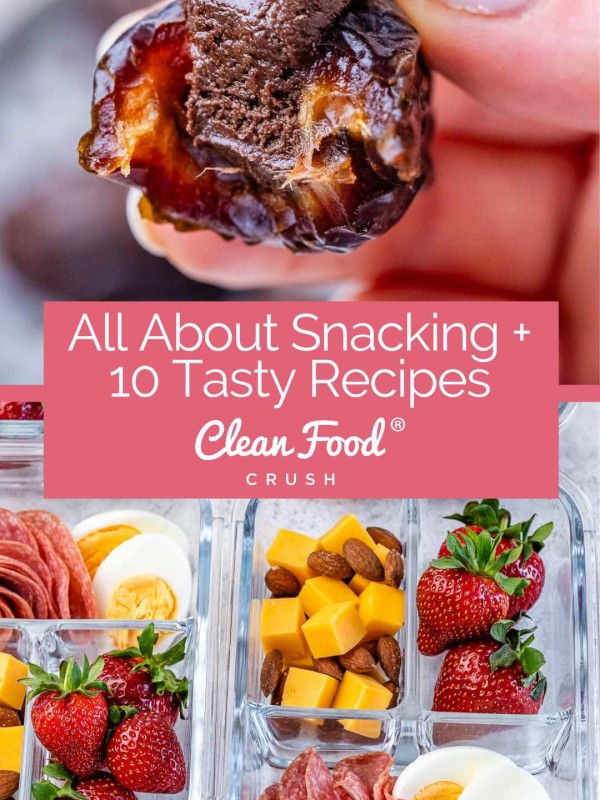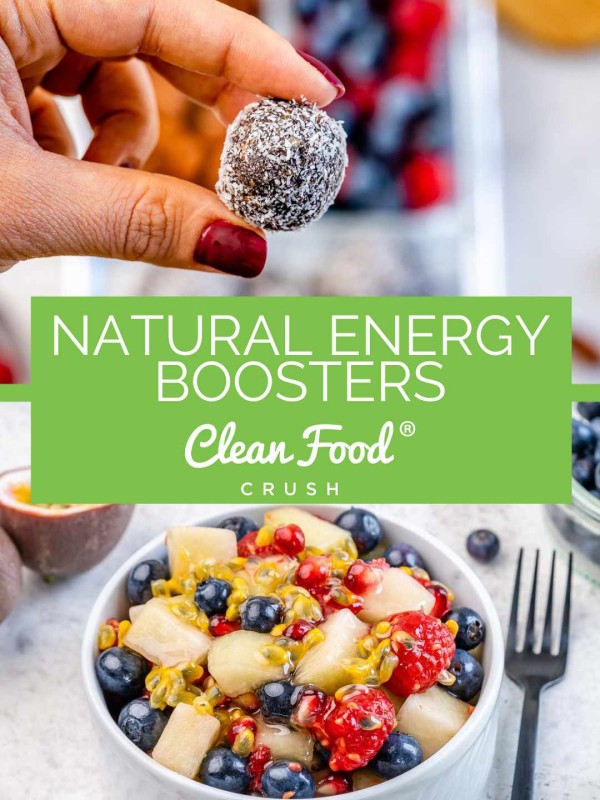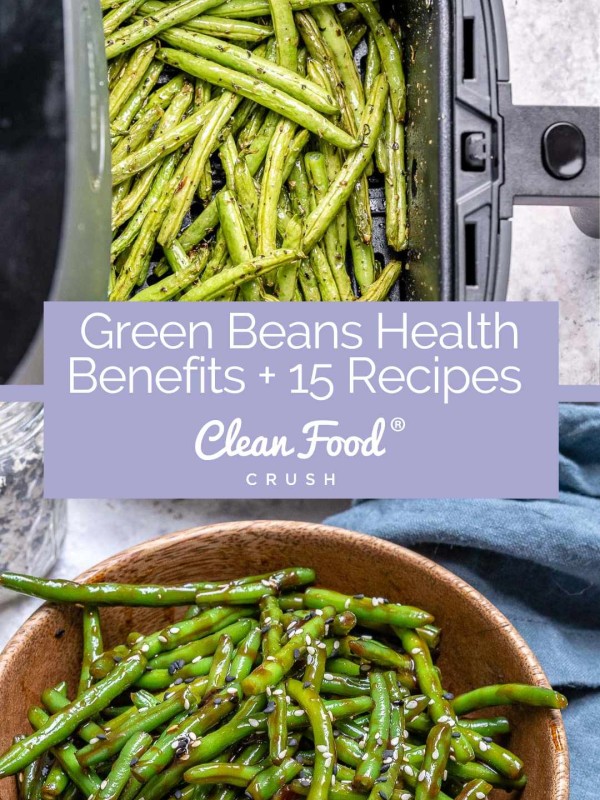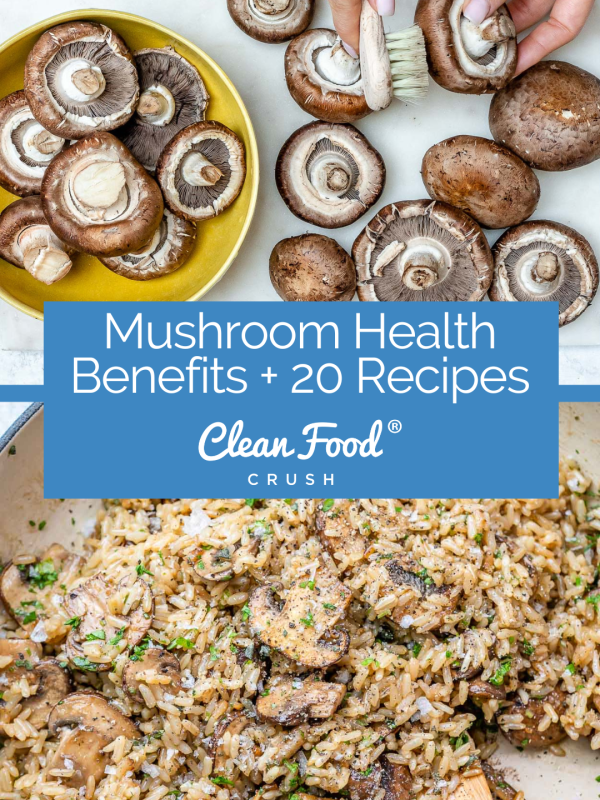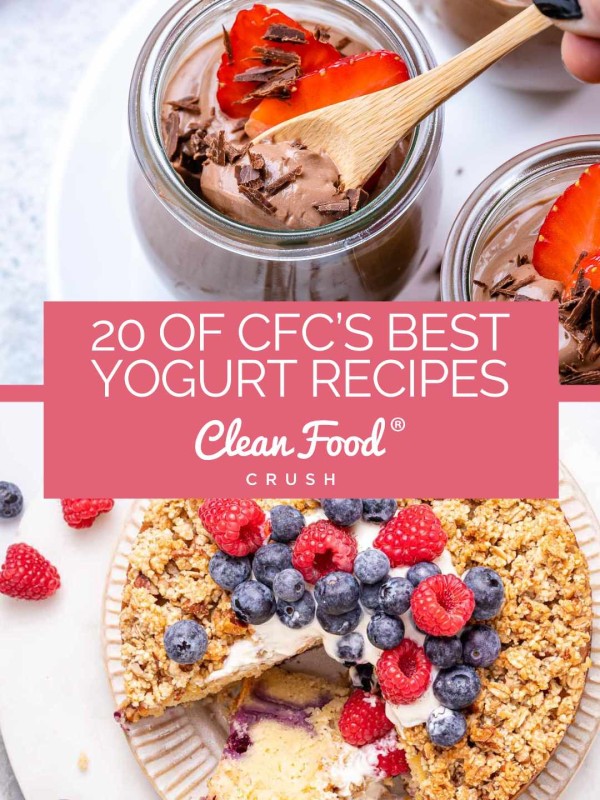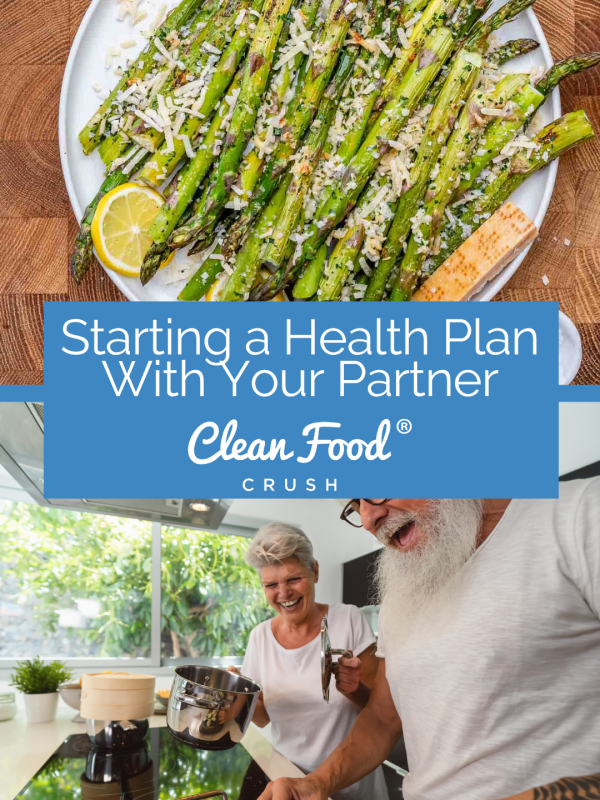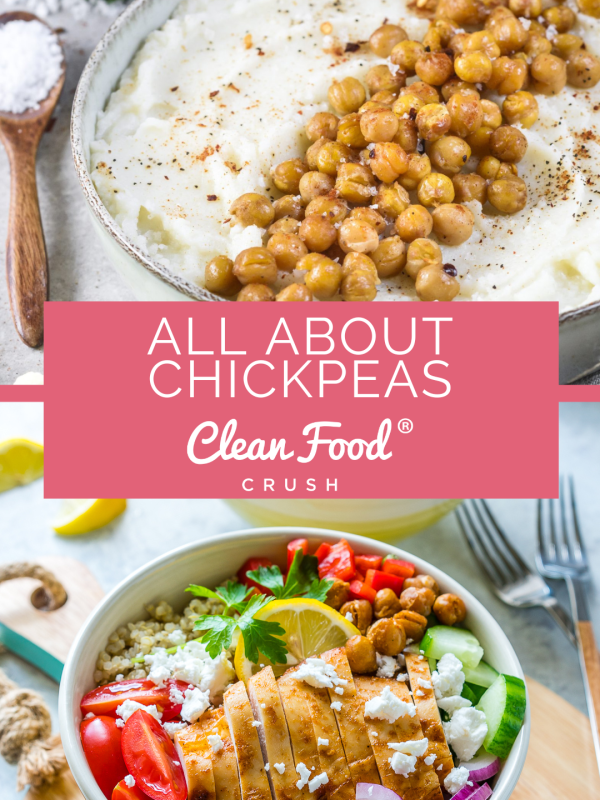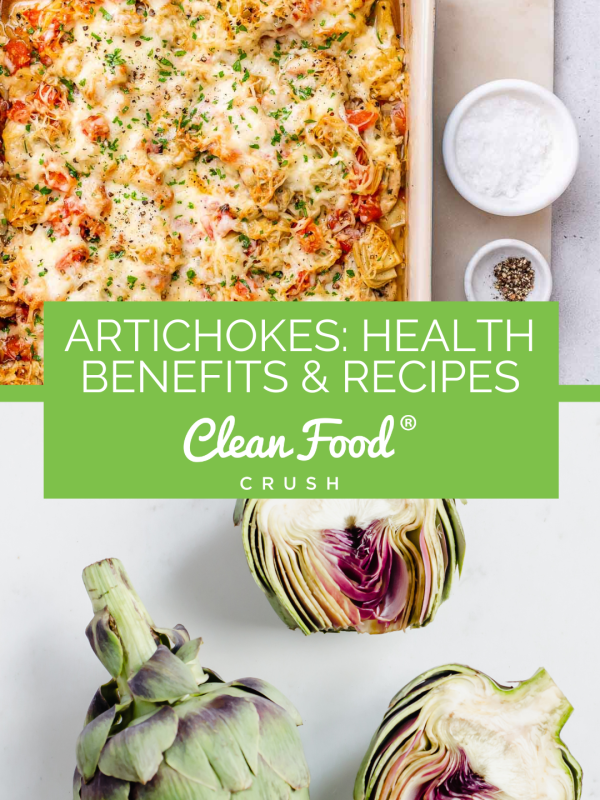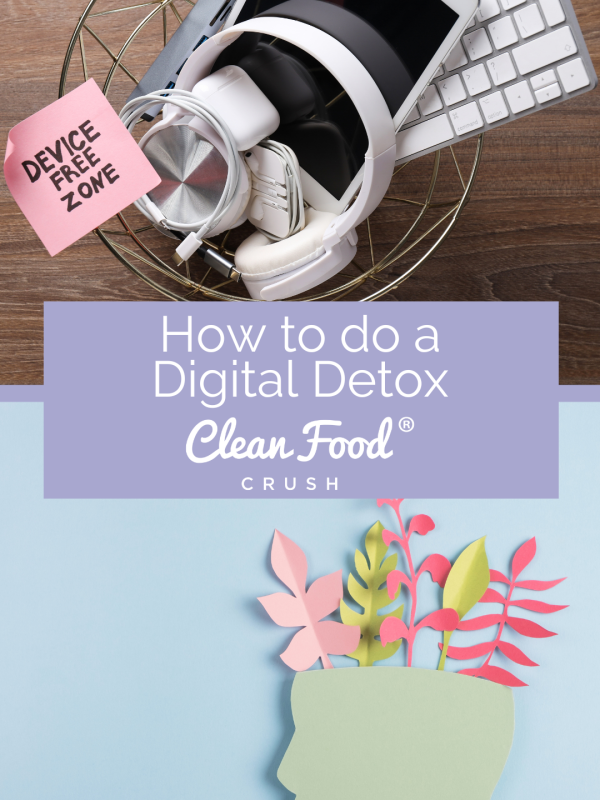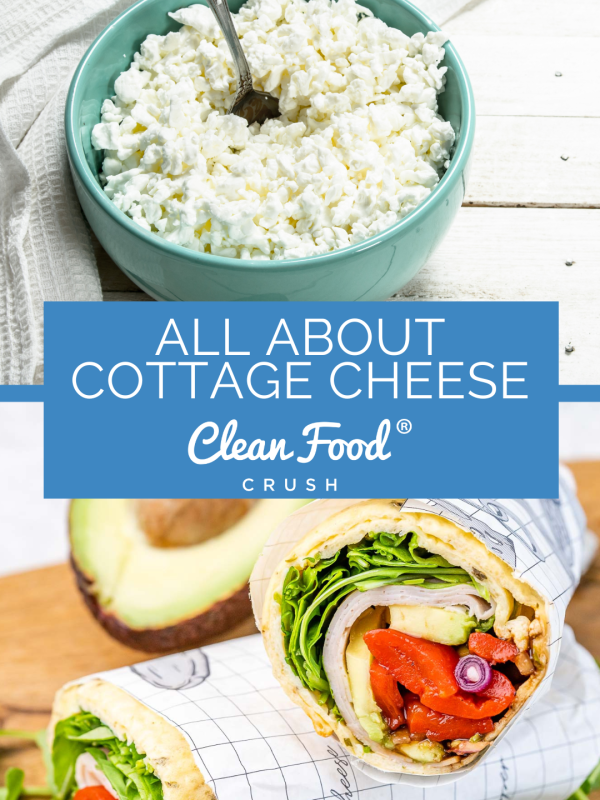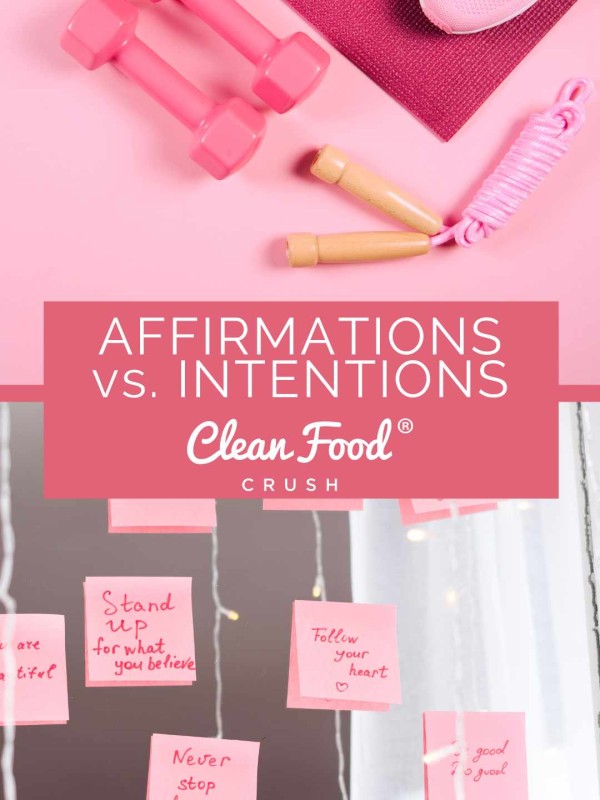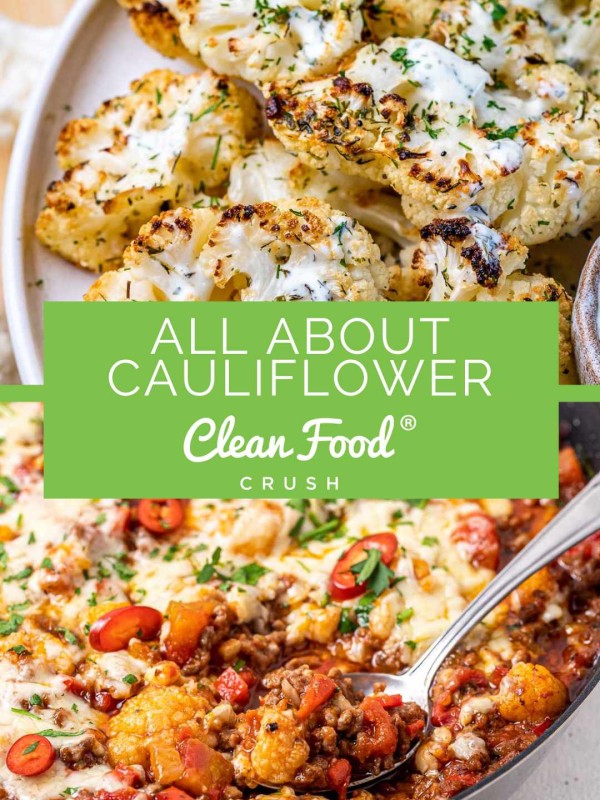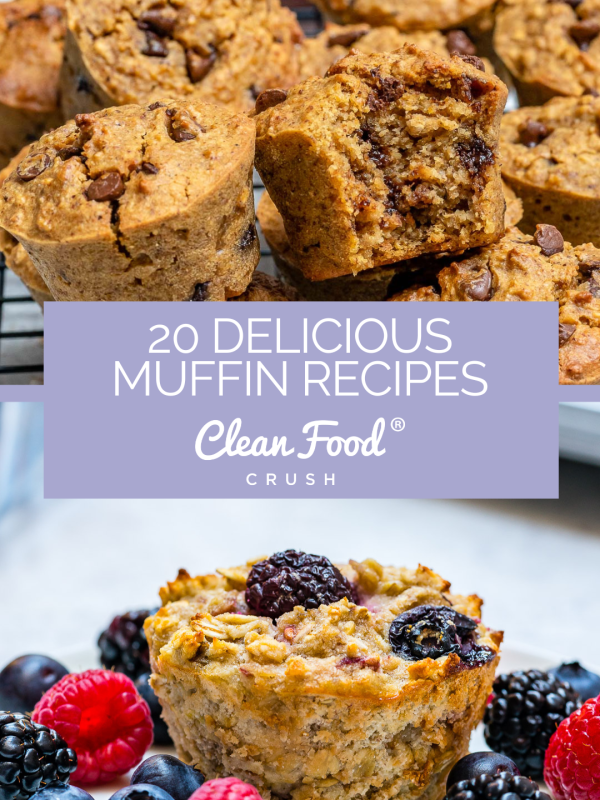This post contains affiliate links. Please see our disclosure policy.
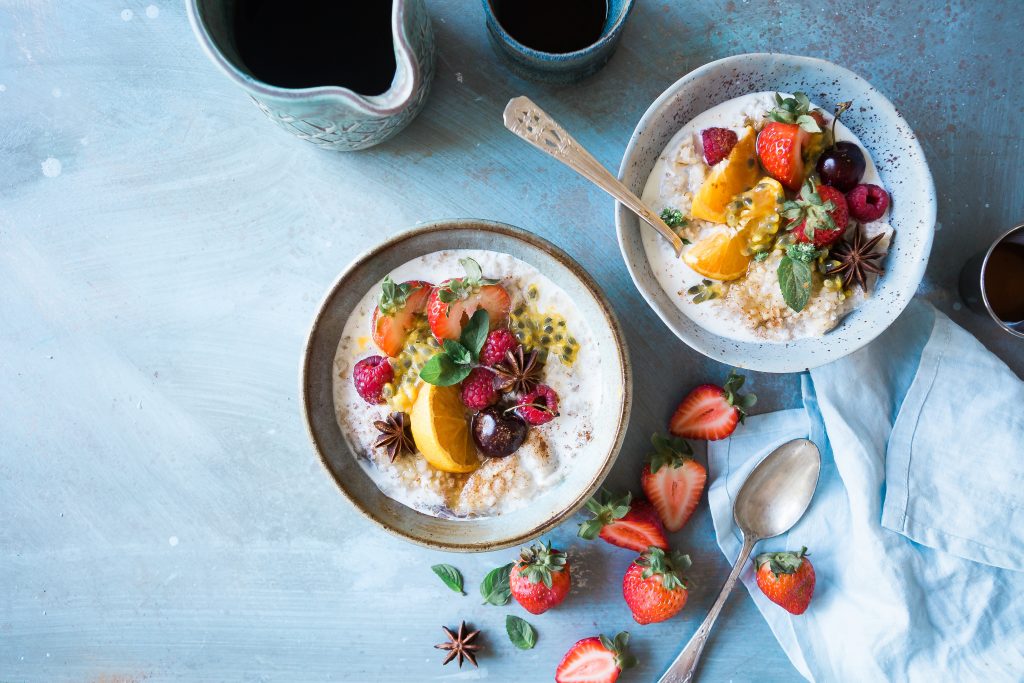
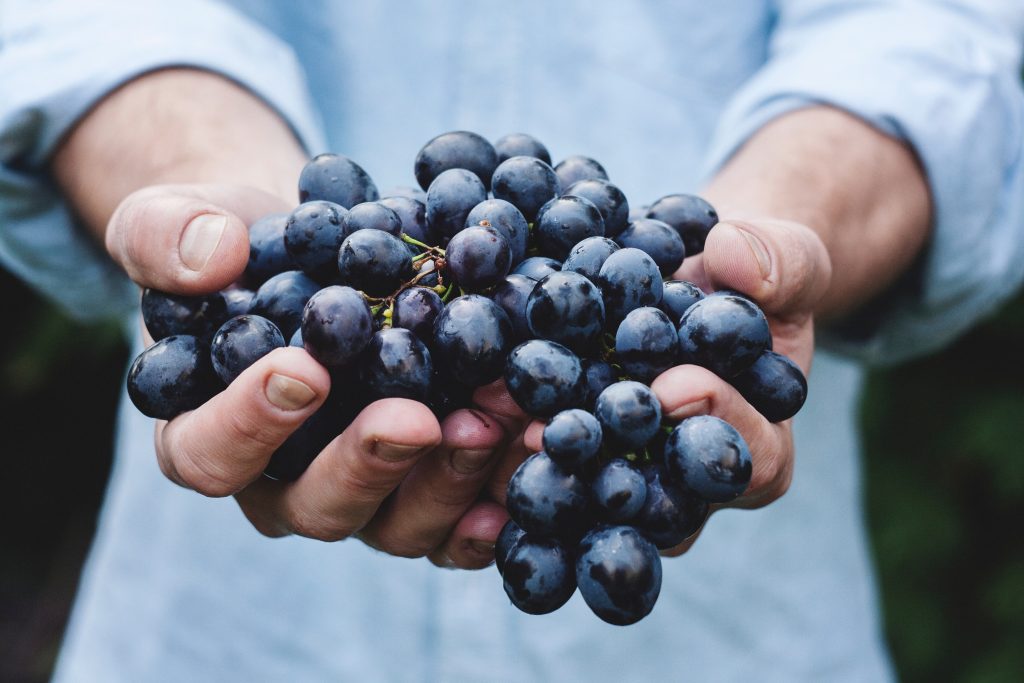 Clean Eating is a way of eating and living that will improve your health and life in every way from inflammation, to weight loss. But how does it work? And how do you make it work for you? Here’s how to get a stress-free start:
Clean Eating is a way of eating and living that will improve your health and life in every way from inflammation, to weight loss. But how does it work? And how do you make it work for you? Here’s how to get a stress-free start:
1. Go for organic clean food.
Organic means grown or produced without the use of chemical fertilizers, pesticides, or other artificial agents. “Clean” food means food in its whole form or close to its whole form, that has been minimally refined or processed. So eating organic, clean food is really the best food you can put into your body. Some foods are more important to eat organic than others. Meat and dairy products are the most important to get organic, followed by the the “Dirty Dozen & The Clean Fifteen”.
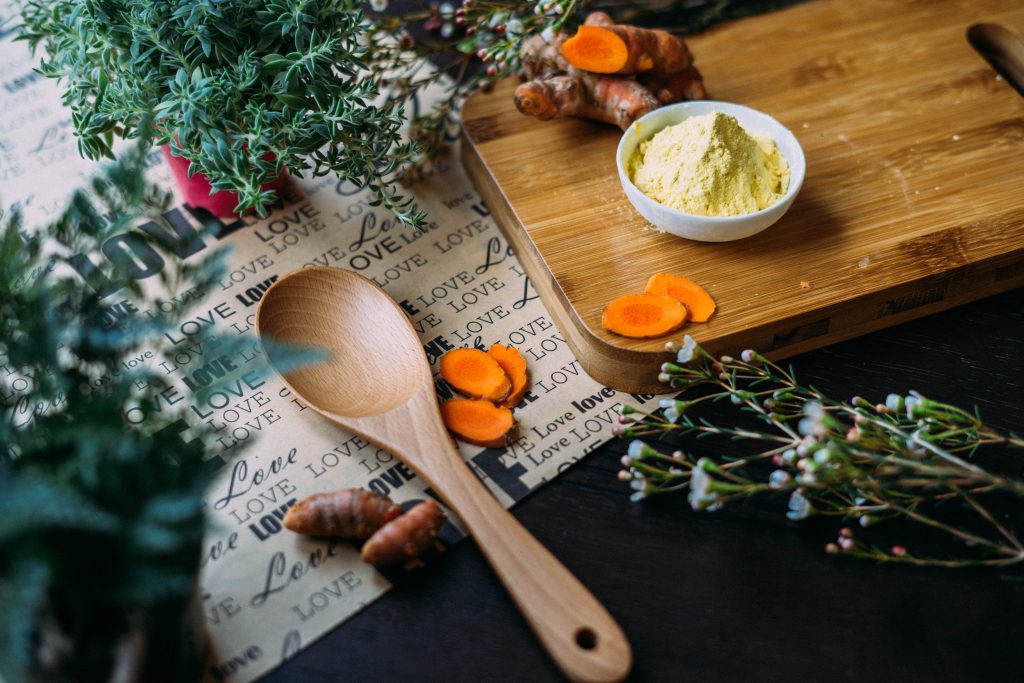
2. Avoid sugar, processed and refined foods.
To be more specific about processed and refined foods, these are foods containing refined flours and sugars like bread, crackers, cake, cookies, pasta, candy, sugary sodas and juices, fried foods, hydrogenated oils or trans fats and other artificial ingredients. If the food is no longer recognizable from the original form it came in from nature, then you don’t want to be eating much of it. It’s amazing how good food tastes when you use fresh herbs, roots and spices to flavour your dishes!
3. Learn to read food labels.
Clean foods contain very few ingredients, usually not more than two ingredients total. Foods with more ingredients than this are generally not considered clean foods, and shouldn’t be a big part of your diet. Again, avoid flour, sugar, chemicals, artificial ingredients, processed fats, additives and preservatives. As a rule of thumb, if you can’t pronounce it, don’t eat it until you learn what it is. Keep your eye out for red and blue dyes, corn syrup, soy & canola oil and other fillers.
4. Have smaller meals, five times a day.
Eating bigger-sized meals less often is harder on your digestive system and energy reserves. It takes a lot of the blood from your head down to digest your food, which is sometimes why you might feel sleepy after a big meal. Instead, eat smaller, whole-food meals and snacks throughout the day to keep you going. Things like hard boiled eggs, veggies and hummus, raw nuts and seeds, or an apple with nut butter are just a few great options that will satiate your hunger and provide lots of energy! In the 30 Day Clean Eating Challenge, we provide a complete road map for getting started. All of your weeks are structured with meal plans, and a list of foods to enjoy and avoid, making the switch to Clean Eating easy.
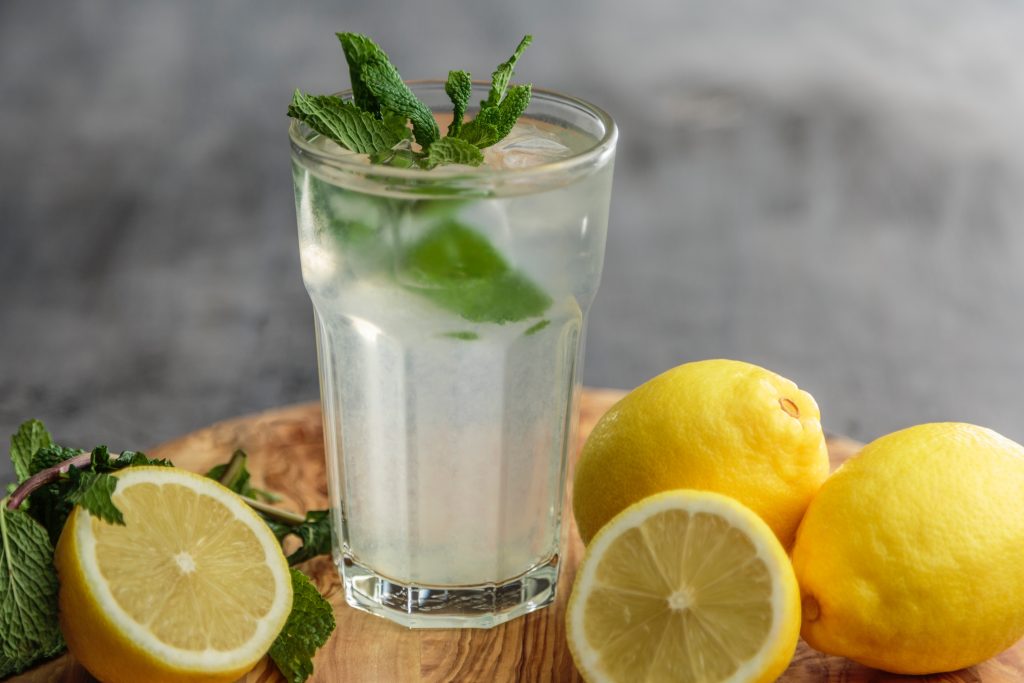
5. Drink mostly water.
As much as you might love coffee, tea, juice or nut milks (which are all clean beverage options), there is nothing that your body needs more than pure, clean water! Start off your day by hydrating with lemon water or apple cider vinegar water. If it helps you drink more, there are a lot of great options now for infusing your water with fruit, etc, for a little bit of added flavor.
6. Eat more healthy fats.
This is really huge for your health, including your hormones! Healthy fats include organic grass fed meats, organic cold pressed coconut oil, ghee, nuts and nut butters, seeds and seed butters, olives, avocados and more.
7. Adopt healthy portions sizes.
We already talked about eating smaller meals throughout the day, but to be more specific, you should never feel too full or stuffed. Especially with proteins like meat, it is important not to eat too much at once, but try to keep the serving size to about the size of your palm. Naturally, your body will tell you when you’re full when you eat clean foods, because what your body craves above all is nutrition! When your food is rich in nutrients, you can eat less and experience satisfaction!
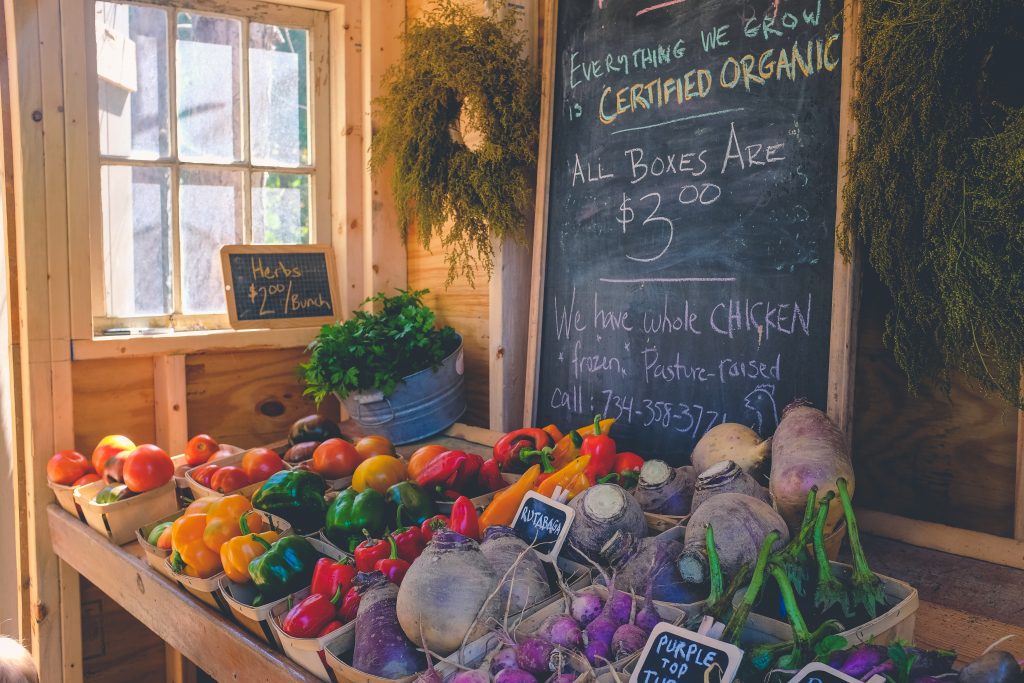
8. Go local, eat seasonally.
Food in season tends to be healthier and more in sync with our bodies. This principle has been long understood in Traditional Chinese Medicine. It is also good for your body and for the community if your food is mostly local. Many communities now have the opportunity for you to pay to reserve a plot (a small share of land) in an organic garden being grown by others. As the garden-fresh produce from your plot is ready, you can either pick it up or have it delivered to you. This tends to be less expensive than buying groceries at the store. Sometimes local farmers will have cheaper organic produce than the store, or you can find a co-op nearby. Whatever your situation, just do your best. Don’t worry if some or all of these options aren’t available to you, and try looking online for other delivery options.
9. Know the source.
Shop consciously by researching the origins and source of your food, such as where it came from, how it was grown or produced (sustainably or not), and whether it is certified organic can help you get higher quality food. Obviously if most of your food is local, this is much easier to do. Don’t sweat it, but whenever you get a chance, engage in a conversation at the local farmers market or co-op with your seller.
10. Practice mindful eating.
Slow down. Chew your food. Taste your food. Be aware of what you are putting into your body and when. This can be especially difficult if you are busy and on the go a lot or feeling stressed. But if this is the case, it is almost more important for you to eat mindfully. Notice too if you are inclined to stress eating, and take a pause… breathe deeply and ask yourself what your deeper, underlying emotional needs may be that you trying to meet with food. Sometimes we need a hug, a warm bath, or to talk to somebody who cares about us rather than reaching for something to eat.
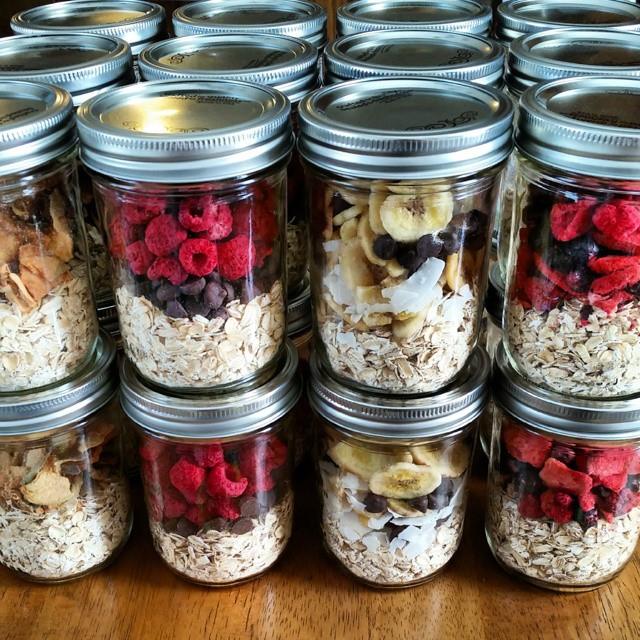
11. Prep your meals.
Meal planning in advance for the week is an important way to help you love and stick with your clean eating lifestyle. Planning like this can also help you reduce grocery costs by budgeting and by cutting down on waste or last-minute meal purchases.
12. Get the family involved.
It is easier and more fun to live a Clean Eating lifestyle when you get the family on board. This is not always possible, but often when they see how tasty and enjoyable clean eating can be, they will want to join you. And, they will likely want the health, energy and weight loss benefits! Learning more as a family by reading books or watching documentaries together on health and wellness can get everyone more motivated. Remember, Clean Eating does not mean being deprived of delicious foods or desserts! If anything you will find that your food is more delicious and satisfying than ever!



